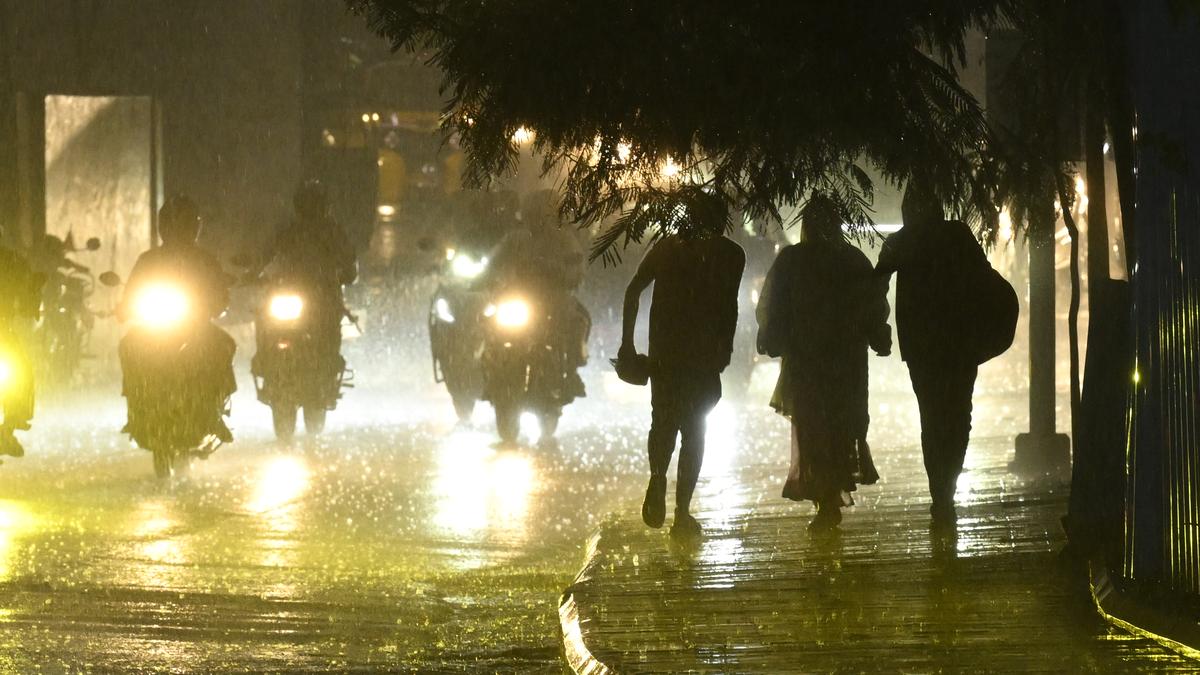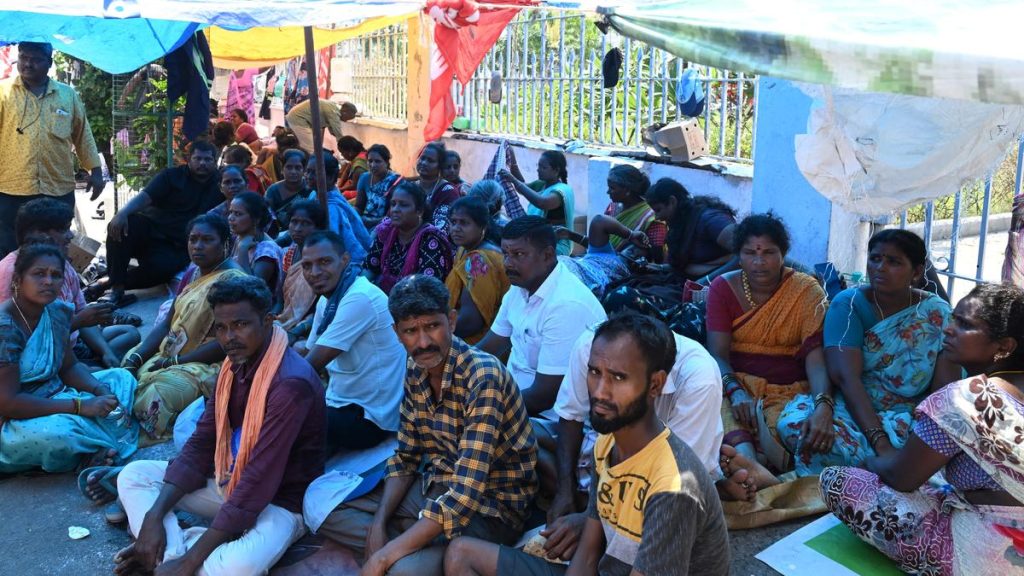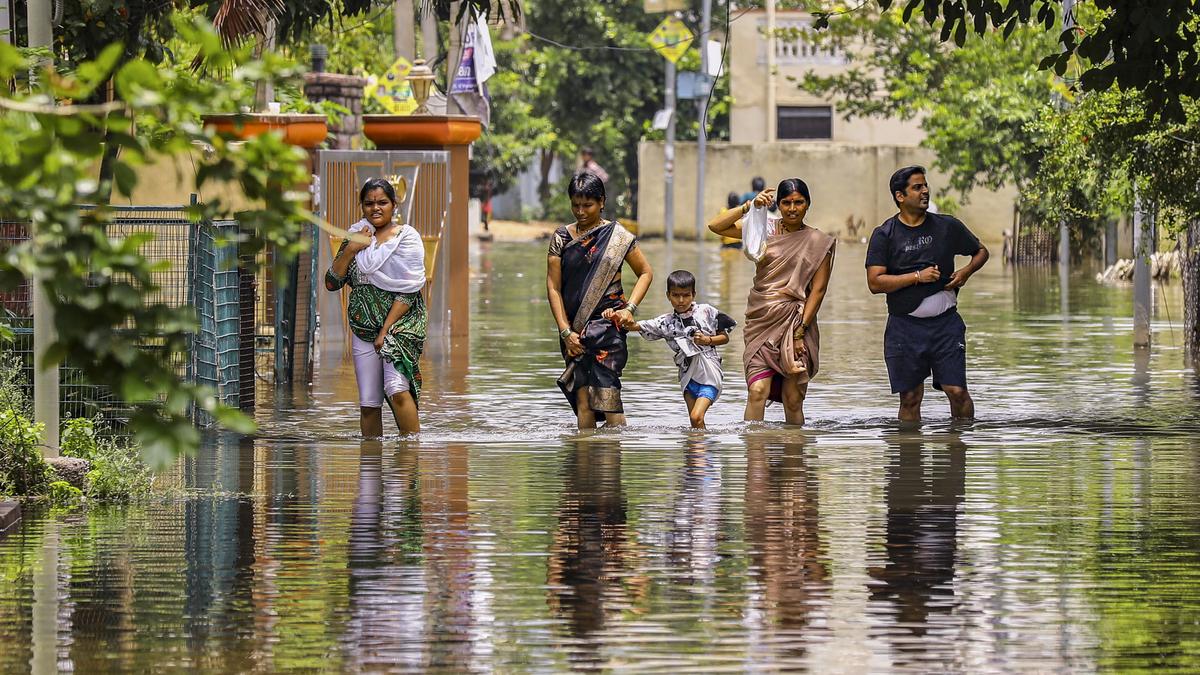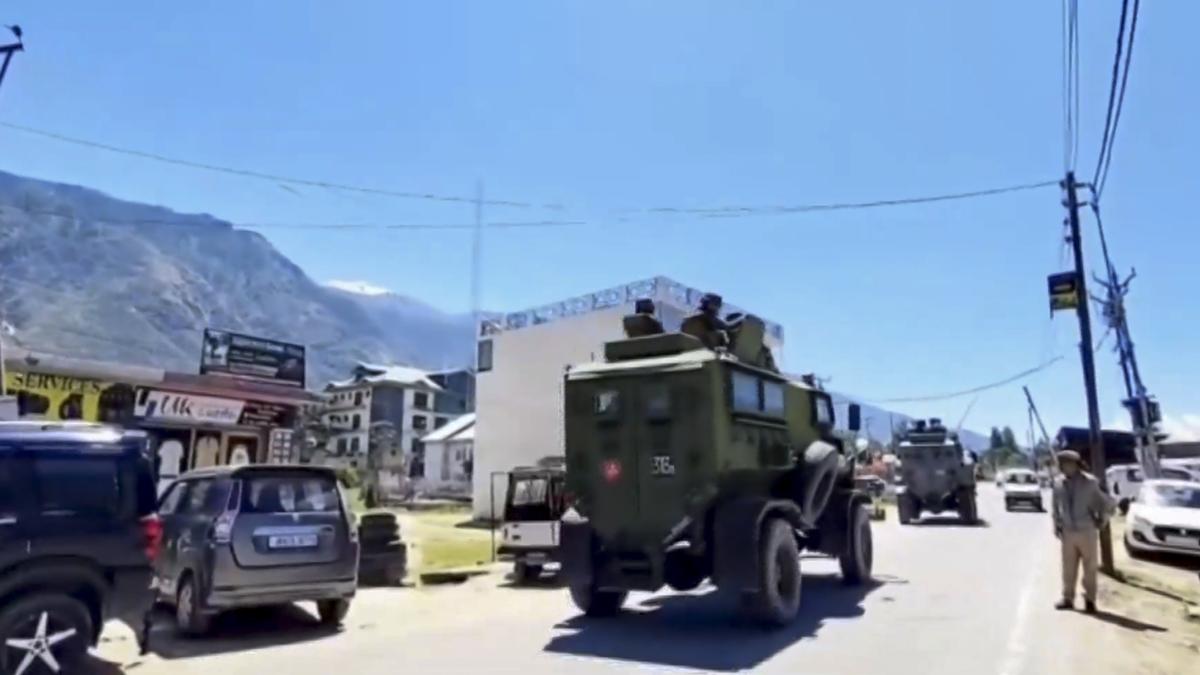Now Reading: Hyderabad Rains: Staggered Work Timings Proposed for Tech Hub
-
01
Hyderabad Rains: Staggered Work Timings Proposed for Tech Hub
Hyderabad Rains: Staggered Work Timings Proposed for Tech Hub

Quick Summary
- Heavy rain alerts have been issued for 11 districts in Telangana, including Hyderabad, from August 13-16.
- Cyberabad traffic police are addressing monsoon-related congestion in the IT corridor by advising staggered logout timings and unified transport options for tech companies.
- Compliance by IT companies is reportedly limited; employees are frequently stranded during peak hours on flooded roads.
- Cyberabad Police Commissioner Avinash Mohanty emphasized that advisories depend on immediate weather forecasts but noted inconsistent adherence by corporations.
- Hybrid-work schedules also contribute to midweek traffic bottlenecks,with most employees choosing to work onsite Tuesdays through Thursdays.
- Senior IAS officer Arvind Kumar has urged west Hyderabad offices to stagger login/logout timings during heavy rainfall days (August 13-14).
- Efforts to implement area-specific logout schedules have seen low corporate participation.
Indian Opinion Analysis
The current measures undertaken by the Cyberabad police and authorities reflect practical attempts at managing urban infrastructure during extreme weather events. The suggestion of staggered shifts and unified transport options could improve road conditions temporarily, but its efficacy depends heavily on corporate cooperation.Low compliance rates highlight a broader issue of aligning private sector schedules with public safety initiatives.
Heavy monsoon rains recur annually in Hyderabad due to regional climatic patterns; thus, the lack of preparedness points to systemic gaps rather than isolated lapses. Policymakers may need stronger mechanisms like mandatory emergency protocols for corporations or citywide cooperative frameworks between private businesses and government bodies. Coordination across hybrid work models also needs re-evaluation as concentrated mid-week attendance compounds peak-hour congestion.
while advisories serve as vital dialogue tools during emergencies, their effectiveness diminishes if stakeholders fail to act upon them collectively. Over time, this might necessitate infrastructural upgrades or routine preventive strategies rather of dependency on reactive actions like advisories alone.
Read More: Source Article























